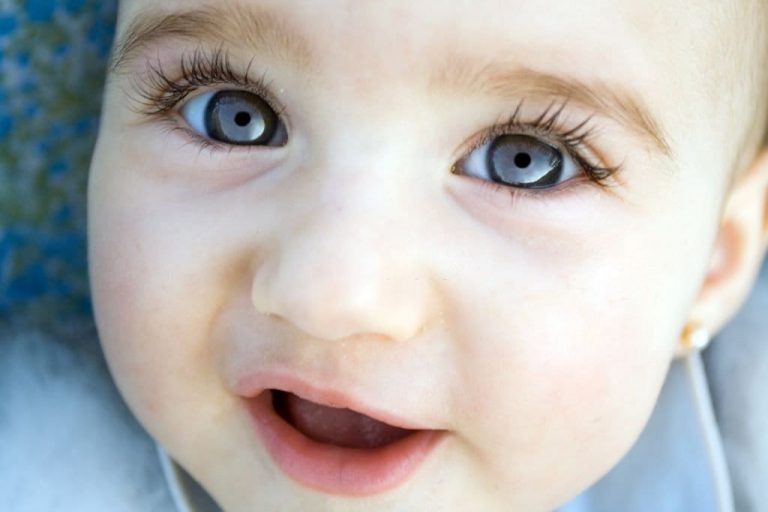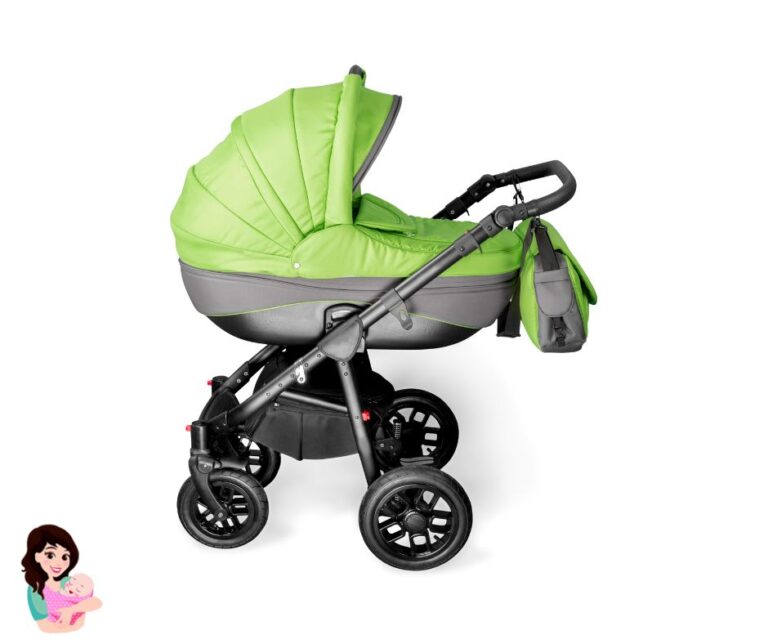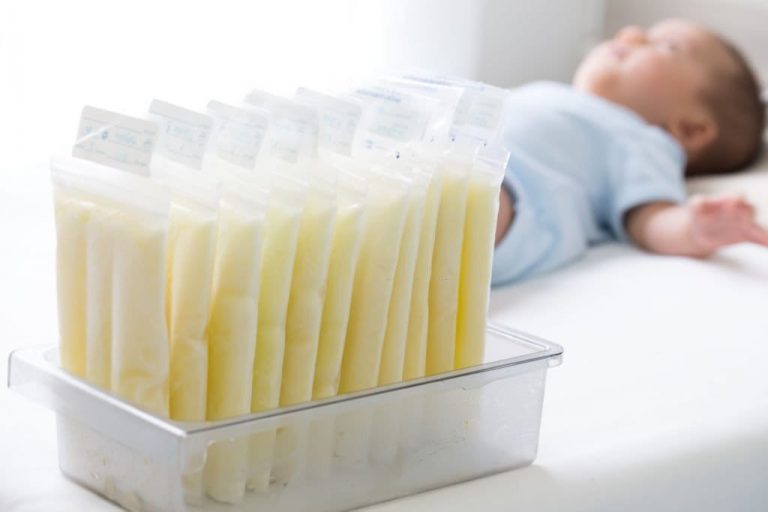
Watching tv with newborn in the room – That’s so crazy
As you are aware, being a parent might appear to be a challenging duty. It is far more difficult for parents to keep a newborn baby pleased throughout the day.
Singing to babies and playing with them are just a few ways to help them have a good time all day. However, doing so 24 hours a day, seven days a week might be exhausting for parents.
With the advancement of technology, many families are using it to entice their children, particularly babies. Because if their baby is exposed to a phone or television, they quickly stop fussing and pay close attention to what is happening on the screen.
Is viewing TV, on the other hand, a problem for babies? Is there any impact on your baby’s cognitive or mental development as a result of this?
We will reveal numerous secrets to you if you attentively read the text below.
Watching tv with newborn in the room
Children’s brains triple in size in the first year, and what occurs to them during that period has a significant impact on how their brains grow.
When a baby is watching television, he may notice bright colors and motions of things moving about, which attracts the infant’s attention.
However, they are not yet capable of comprehending what they are seeing. This perplexity is why viewing television with a newborn is harmful, and why babies under the age of three do not learn well by staring at a screen.
Newborn television viewing before the age of two can contribute to sleep and concentration issues since it has a long-term impact on the child’s language development, analytical abilities, and memory. It’s enough to have the TV on in the background to motivate these issues. Furthermore, parents who watch television programs with their children engage with their children less.
The impact of TV on baby’s development
Viewing TV may impact a baby’s brain development
Research from 2019, Study Trusted Source looked at 47 healthy children, ages 3 to 5 years old, who viewed screens more than the AAP-recommended guideline of 1 hour a day.
The study found that these preschool-age children had “lower measures of microstructural organization and myelination of brain white matter tracts that support language and emergent literacy skills and corresponding cognitive assessments.”
The authors say that given the results of this study, they can speculate that before age 5 years, when brain networks are developing rapidly, caution with screen time is warranted.
Speech and expressive language deficits may occur as a result of watching TV
Simply putting a newborn in front of a screen can impair language development. This is partly due to the fact that babies who listen to what’s on a screen are passively acquiring information rather than actively engaging with a parent or caregiver.
Even if the television is on in the background, parents may find themselves talking less to their children, which can harm their language development.
Sleep may be harmed by watching television
In early childhood, media exposure is linked to fewer minutes of sleep per night.
Furthermore, they state that infants who are exposed to screen media in the evening have shorter sleep durations than infants who are not exposed to screen media in the evening.
But, TV is not so bad for your baby
When is the best time for your baby to watch TV?
Experts agree that introducing limited screens and TV usage around the age of 18 months is the best time.
Parents who wish to introduce their 18- to 24-month-old to screens should do so together and with high-quality programming and applications, according to the AAP guidelines. Children of this age should not be left alone with a screen.
They also emphasize the necessity of not allowing children under the age of 18 months to view screens, with the exception of supervised video chatting.
Others argue that watching television while nursing or while the baby sleeps isn’t so bad. When they’re a newborn, distraction isn’t as dangerous. Simply keep the music low and the lighting dim in the room so that the environment remains dark and serene.
Right period for your baby watch TV
Experts agree that introducing limited screens and TV usage around the age of 18 months is the best time.
Parents who wish to introduce their 18- to 24-month-old to screens should do so together and with high-quality programming and applications, according to the AAP guidelines. Children of this age should not be left alone with a screen.
They also emphasize the necessity of not allowing children under the age of 18 months to view screens, with the exception of supervised video chatting.
How to play with your baby instead of watching TV?
Play is a reciprocal engagement for newborns, not just a toy. Anything can bring joy to your kid, from a tune you hum to him or when changing his diaper to sitting on your lap. Try out some new methods to play with your baby, such as games for babies.
1. Provide your baby with intriguing stuff to look at and touch.
When you slowly move an interesting object from side to side, your youngster will follow it with his or her gaze. Tracking is one of the primary ways that young infants learn to explore the world while developing their visual skills.
You can bring objects closer to your infant so that he or she can touch them and learn how different objects feel. Assist your child in learning through his senses. Exploring objects with their eyes, then their hands and mouth, helps newborns learn how and what different objects do.
Allowing newborns to feel diverse objects, such as soft toys, rattles, or cloth books with various textured pages, will bring them a lot of joy. Your baby will learn more about the world if he or she feels different.
2. Using Flashcards
For your baby to see, use flashcards with simple drawings and high contrast colors. The baby’s vision is still poor at the age of 0-3 months. Simple visuals will accelerate your baby’s visual development.
3. Simple noises Objects
She’ll be connecting the kicking action to the sound the mobile device makes when it’s hit over the next two weeks. This aids her in comprehending cause and effect. Additionally, your toddler will learn that making noises is just for pleasure.
4. Show your baby pictures or read to him/her
Make an effort to read with your youngster. It’s never too early to begin, but bear in mind that babies can only see approximately 20 to 30 centimeters in front of them, so keep books close.
Final thoughts
Playing with kids is a difficult task that takes a great deal of patience. It is not a good idea to keep babies entertained by watching television. To help your baby develop fully, keep them away from the television and play games with them.

Hi, This is Emma Baster; As a mom, I spend my free time caring for my kids. I’ve read a lot on the Internet to improve my childcare skill and bring the best to my kids. Eruditemommy shares my knowledge and experience through helpful posts. I hope you enjoy them!







